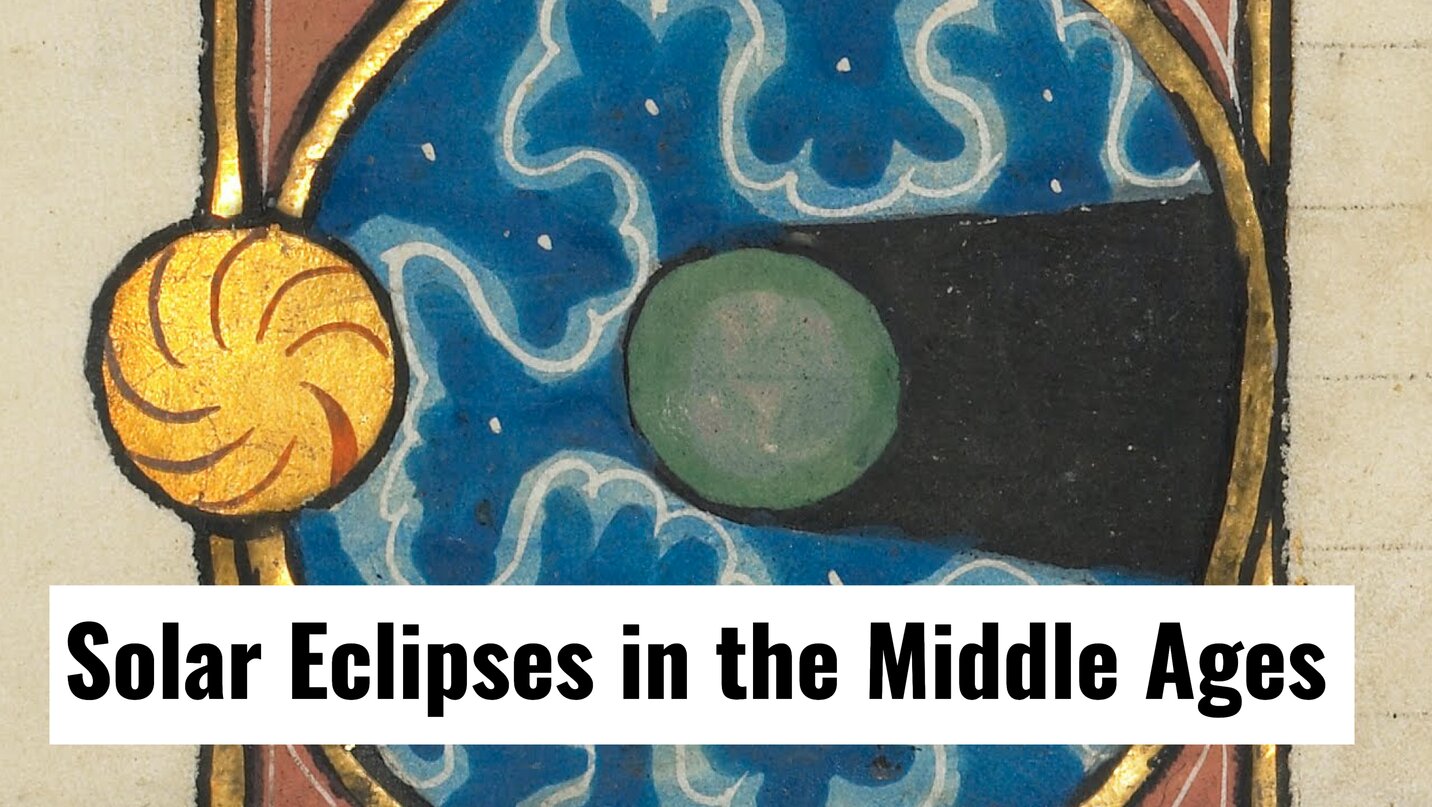Tuesday, April 9th 2024
Generative artificial intelligence is simply a waste of our time and money
This article discusses the societal costs of generative AI, which mimics human actions but lacks true intelligence. The development of AI requires significant computing capacity and energy, leading to environmental consequences and rising energy prices. Additionally, AI's reliance on capital investment in computing infrastructure diverts resources from potentially more beneficial uses. The increasing venture capital funding in generative AI raises concerns about a potential burst in the AI hype bubble and the resulting waste of innovation funding. Moreover, the proliferation of AI-generated content risks overwhelming the internet with "Habsburg AI," leading to unforeseen consequences.
A simple ChatGPT prompt turns a classic story like Sherlock Holmes into a game
National Library Board, Singapore, GenAI, Playbrary, ChatGPT
NLB in Singapore introduces Playbrary, allowing users to turn over 1,000 public domain books like Sherlock Holmes and Pride and Prejudice into adventure games using GenAI like ChatGPT. Users can add twists to narratives and play as characters like Sherlock Holmes to solve cases. The initiative aims to promote good reading habits and explore various book genres. NLB plans to expand the game inventory and enhance the gaming experience through a paid ChatGPT subscription service.
How medieval people described solar eclipses - Medievalists.net
Solar eclipses captivate humans throughout history. Medieval accounts reveal various reactions by people and animals. Astronomers accurately predicted eclipses, contrasting with the public's surprise. Some saw eclipses as omens of significant events like kingdom downfall. Accounts range from scientific to superstitious.
England – June 20, 540: Anglo-Saxon Chronicle notes a solar eclipse with visible stars.
Constantinople, Byzantine Empire – December 22, 968: History of Leo the Deacon recounts a unique eclipse resembling the Passion of the Lord.
Cairo, Egypt – December 13, 977: Scholars gather to observe an eclipse in the new city.

Analyse
Artificial intelligence, this great illusion of our time, promises us everything, but at what cost? I have often wondered about the impact of these technologies on our environment, our creativity, and our perception of the world. The article on the societal costs of generative AI has brought me back to my own questions about this race towards an artificial intelligence that may be nothing more than a massive waste of resources. I think about my experiences with ChatGPT, the fascination they may have sparked, but also the value of these tools in our search for meaning and authenticity.
The initiative by the National Library Board of Singapore, which transforms literary classics into adventure games using AI, illustrates this dual nature of technology, both a source of innovation and superficiality. I myself have played with an AI, explored dystopian ideas, but also new forms of storytelling. But by delegating our creativity to machines, do we not risk losing what makes us unique beings, capable of drawing from the depths of our human experience, far beyond algorithms?
The article on solar eclipses in the Middle Ages prompts me to reflect on our relationship with time and the universe. Like our medieval ancestors, we seek answers in the stars. But as we turn to AI to understand the world, let us not forget that our ability to marvel, to observe the rising sun or imagine eclipses in a distant past, remains our most precious resource. Perhaps we should, as I did when contemplating KIC 8462852, prioritize wonder over fear, technological optimism over collapsology, all while keeping in mind the limits of our own creation. Ultimately, the art of living may well consist of navigating between these worlds, real and imaginary, with wisdom and humility.
Generation cost: 8537 tokens/0.07$